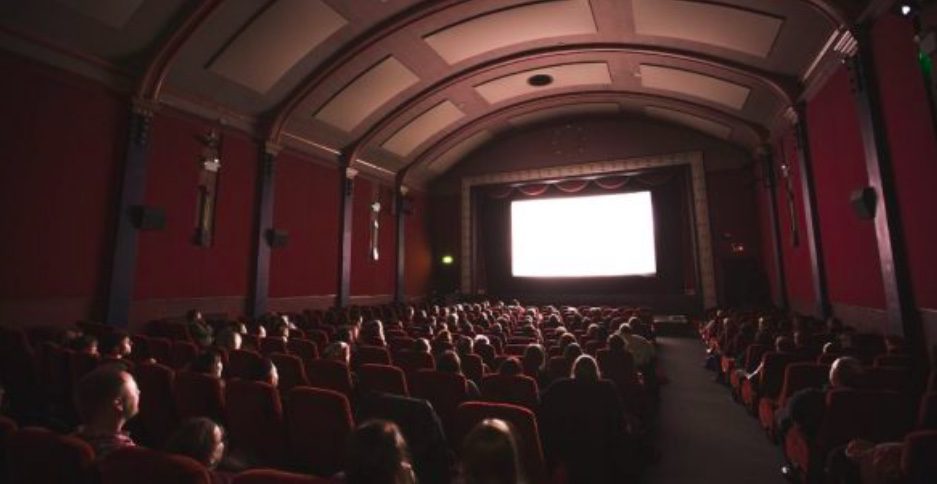
“Sound of Freedom”: Hollywood’s misguided take on anti-trafficking
Amid the tremendous popularity of the film “Sound of Freedom,” which has made over 100 million dollars already, a critical quarter will not be joining the fan club: anti- trafficking experts. While the movie aims to shed light on the harrowing reality of human trafficking, its portrayal has stirred both accolades and critiques from those deeply entrenched in the fight against trafficking.
Oversimplifying complex realities
The film follows Tim Ballard, a former US Customs and Border Protection agent, on his quest to rescue a trafficked girl. However, the movie’s narrative oversimplifies the intricate nature of anti-trafficking efforts, prioritizing individual heroics and vigilante style rescue over the broader collaborative and systemic strategies central to successful methodologies, as well as misdirection about what trafficking itself looks like.
Anti-trafficking experts, Aubrey Lloyd and Erin Albright for openDemocracy, share,
Anti-trafficking work – real anti-trafficking work – is the opposite of glamourous. It’s endless hours writing grants, or on the phone with understaffed charities trying to find safe shelter. It’s trying to reason with local communities when they rally against building a human trafficking shelter in their neighbourhood because it will impact property values. It’s fighting bureaucracies to keep support in place for as long as it takes for survivors to heal.
“Sound of Freedom” also perpetuates the trope of a young girl kidnapped by foreign people of color. In reality, the majority of child trafficking victims fall between the ages of 15 and 17 and most usually know their traffickers who tend to be friends or even family members.
The risk for survivors and victims
Some of the larger inaccuracies in the film are also harmful because it perpetuates false ideas about trafficking that can have material consequences for victims. Vice reports that several trafficking survivors and advocates have been harassed by fans of the film who clearly do not recognize their professional or lived experiences.
One survivor who was trafficked as a teen after his family kicked him out for being gay has received backlash for criticizing “Sound of Freedom”.
“People have told me ‘You weren’t trafficked, you wanted it, you probably liked it because you’re gay,’” he said. “Horrible things like that. I’m seeing the same thing happening speaking out about his film. People are telling me, ‘you’re a trafficker, you’re a predator.’”
This discrepancy between the supposed passion of movie goers and fans for fighting trafficking and the concurrent dismissal and abuse of trafficking survivors and long time professionals is one of the results of films like Sound of Freedom.
Responsible storyteller requires survivor input
While “Sound of Freedom” commands attention, there is an urgent need for conversation about the responsibility of media to shape public understanding responsibly. True anti-trafficking efforts demand collective action, comprehensive strategies, and an unwavering commitment to addressing the root causes of trafficking. True “awareness-raising” exercises do not traffic in assumptions.
Oversimplified portrayals and misleading depictions not only misinform the public but also divert attention and resources from evidence-based strategies. As Jean Bruggeman, executive director of Freedom Network USA, told Rolling Stone, “[Trafficking survivors] are likely to be trafficked again unless you address that underlying issue: What made them vulnerable in the first place? Why was their family not able to keep them safe? Those are the questions that are ignored in the narrative of, ‘Oh, they are in a bad place. All we have to do is move them and leave.’”
To make a genuine impact, both filmmakers and audiences must actively seek out and support narratives that empower real change.
Stand in solidarity with survivors and take the My Story, My Dignity pledge today!
